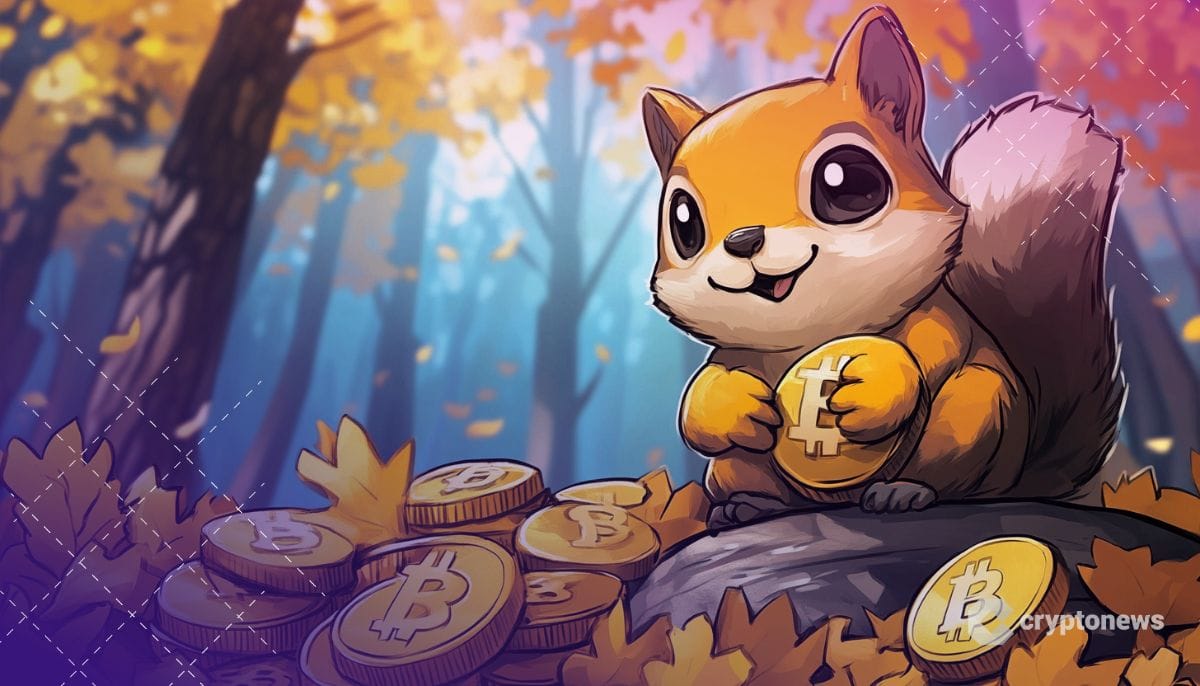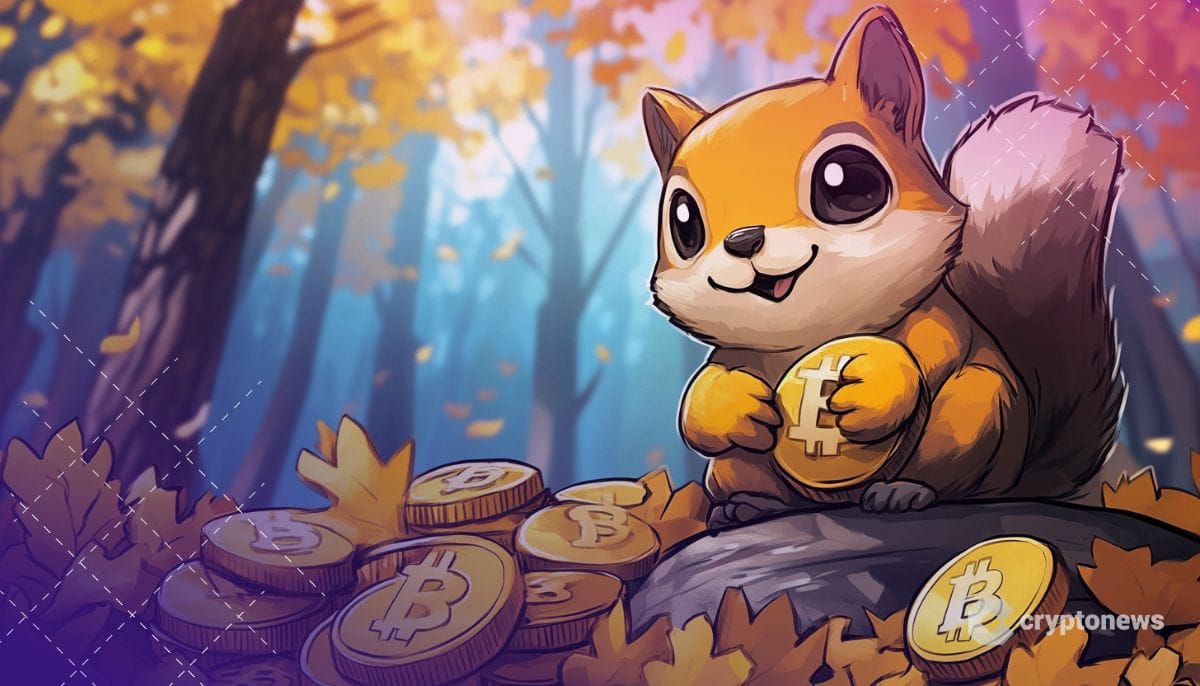Last updated:
 Why Trust Cryptonews
Why Trust Cryptonews
Ad Disclosure
We believe in full transparency with our readers. Some of our content includes affiliate links, and we may earn a commission through these partnerships.

Mark Longo, the owner of viral internet sensation Peanut the Squirrel, has filed a lawsuit against global cryptocurrency exchange Binance, accusing the company of intellectual property infringement.
Longo claims Binance used images and narratives featuring Peanut without his permission.
“My legal team initiated action against Binance for the unauthorized use of my intellectual property, including images and stories featuring my beloved animals,” Longo stated on his X account, Squirrel_Dad.
Longo Warns of More Upcoming Lawsuits
In his post, Longo warned that he might pursue more lawsuits in a bid to protect his “creative work.”
“This is the first of multiple cease and desist letters to be issued. I’m committed to protecting my creative work and sending a clear message: unauthorized use of my IP will not be tolerated.”
The lawsuit comes amid rising tensions in the Peanut-themed meme coin ecosystem.
Longo recently launched the “Justice for Peanut” (JFP) token, branding it as the “only real PNUT coin.”
The token initially surged to a market cap of $116 million earlier this month but has since seen its valuation plummet by more than 95%, now sitting at $3 million.
The legal battle and Longo’s involvement in meme coin launches have drawn mixed reactions from the online crypto community.
On platforms like X, some users questioned his intentions, alleging that he’s using the controversy for financial gain.
“You rugged 5 separate contracts and made millions of dollars already and we have all the proof. Everyone knows your a scamming value extractor,” one user commented.
Peanut the Squirrel’s name gained widespread attention during the U.S. presidential election after a clash between Longo and New York’s Department of Environmental Conservation (NYS DEC).
The agency confiscated Peanut and a raccoon from Longo’s care, and it was later revealed that Peanut had died in custody.
The incident sparked public outrage, drawing support from high-profile figures like Elon Musk.
The controversy around Peanut inspired the creation of numerous meme coins, with PNUT emerging as the most notable.
On November 11, PNUT secured a listing on Binance, further elevating its market status. Within 11 days of launch, PNUT’s market cap soared to $1 billion—a milestone that took Dogecoin (DOGE) 1,487 days to achieve.
Just a Chill Guy Character Creator Moves to Enforce Copyright
In a similar incidnent, artist Phillip Banks, the creator behind the viral “Just a Chill Guy” meme, revealed plans to enforce copyright protection on his popular character last month.
The announcement came as the meme, a laid-back, anthropomorphic dog with a signature smirk and hands in pockets, had taken over the crypto world with its meteoric rise in value.
“Just putting it out there, chill guy has been copyrighted. like, legally. I’ll be issuing takedowns on for-profit related things over the next few days,” Banks said at the time.
He added that this does not include brand accounts using the meme as a trend. “Mainly unauthorized merchandise and shitcoins,” he added.



